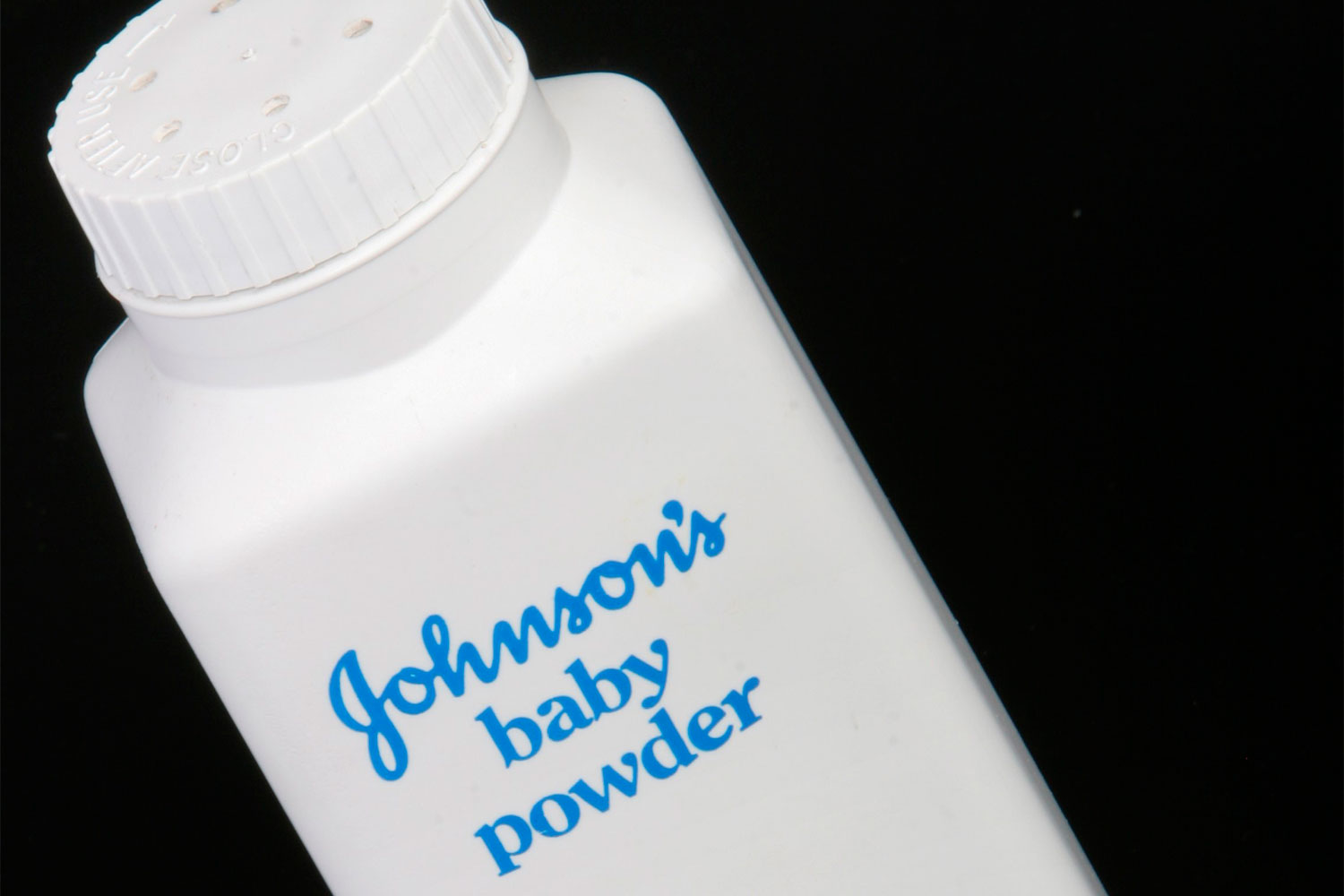Johnson & Johnson Must Pay $72million Damages In Talc Linked To Ovarian Cancer Death Case
The company deny the claim and are considering an appeal

Celebrity news, beauty, fashion advice, and fascinating features, delivered straight to your inbox!
You are now subscribed
Your newsletter sign-up was successful
The company deny the claim and are considering an appeal
A jury in Missouri have sided with the family of the late Jackie Fox in a civil suit against Johnson & Johnson, and demanded they pay $72m (£51m) in damages.
The family claim that use of the company’s talcum powder was responsible for the 62-year-old’s ovarian cancer diagnosis and death two years ago.
Another 1000 similar cases are pending nationwide, with lawyers believing that thousands more could be filled, all claiming that the ‘hygienic’ use of talcum powder has contributed to their diseases.
Ms. Fox’s family argued that Johnson & Johnson knew the risks associated with the product, and the jury deliberated for five hours before finding the company liable for fraud, negligence and conspiracy. The family’s lawyer, Jere Beasley told journalists that the company ‘knew as far back as the 1980s of the risk,’ and yet resorted to ‘lying to the public, lying to the regulatory agencies.’
The award constituted $10m in damages and $62m in punitive damages, but this is likely to decrease upon appeal.
Stanford University law professor Nora Freeman Engstrom told the BBC: ‘This case clearly was a bellwether and clearly the jury has seen the evidence and found it compelling. The jury was distressed by the company's conduct.’
Celebrity news, beauty, fashion advice, and fascinating features, delivered straight to your inbox!
A company spokeswoman for Johnson & Johnson, who deny any wrongdoing and are considering appeal, said: ‘We have no higher responsibility than the health and safety of consumers, and we are disappointed with the outcome of the trial.
‘We sympathise with the plaintiff's family but firmly believe the safety of cosmetic talc is supported by decades of scientific evidence.’
While the Fox family has won the case and there are others pending, the evidence as to whether the intimate use of talc does increase chances of ovarian cancer, is still inconclusive.
Cancer Research UK says they are ‘still uncertain’, and that, ‘Even if there is a risk, it is likely to be fairly small.'
While ovarian cancer charity Ovacome says causes are unknown and likely to be ‘a combination of many different inherited and environmental factors, rather than one cause such as talc…' Although some studies have suggested that the use of talc on genitalia can increase the chances of cancer by a third, Ovacome still feel this would be hard to quantify. ‘Ovarian cancer is a rare disease, and increasing a small risk by a third still gives a small risk. So even if talc does increase the risk slightly, very few women who use talc will ever get ovarian cancer.’
The leading destination for fashion, beauty, shopping and finger-on-the-pulse views on the latest issues. Marie Claire's travel content helps you delight in discovering new destinations around the globe, offering a unique – and sometimes unchartered – travel experience. From new hotel openings to the destinations tipped to take over our travel calendars, this iconic name has it covered.